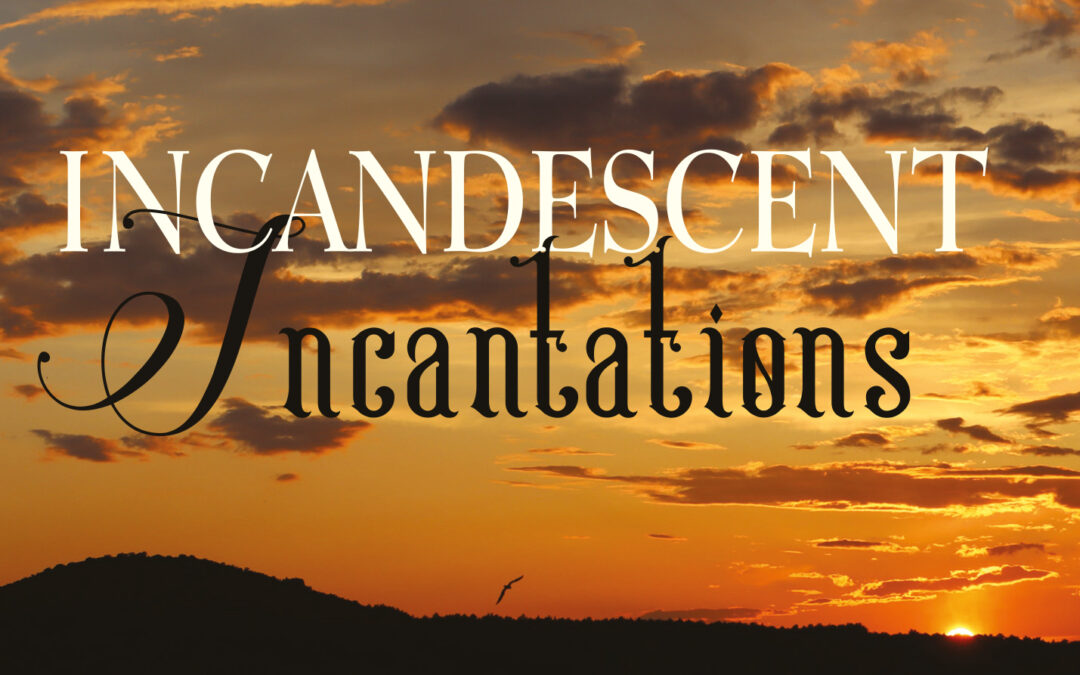Rupert Marshall-Luck violin
Em Marshall-Luck reciter
EMR CD095
Issued on the performers’ own label, with photography, notes and production also done in-house, this is a confident statement of EMR and its aims, although not to be taken all at once.
The shortest work, but the most outstanding by some distance, is Joseph Phibbs’ eleven-minute Suite. The composer has explained that the Bach suites were not, in fact, a conscious influence, ‘though his shadow unfailingly looms large whatever one does!’
The work is based around a traditional Corsican melody, first heard in the opening Elegy. Its haunting contours stimulate varying textures and motifs that are distilled and explored in ensuing movements; and while it is fascinating to witness their chameleon-like transformations, they also create cohesion in what might otherwise be a rather disjointed assembly. Among them are a fearsomely virtuosic moto perpetuo, a brief Burlesca, a tiny pizzicato Rondo, and an ethereal Serenata.
The final Dansa is not an anticipated Gigue, but draws together the previous material in a thrilling coda. Judicious placement of rests gives the impression that the score is disintegrating under its own headlong momentum, as if small sections of larger phrases had been obliterated, until nothing remains but a primal shout on raw, open strings. This is a notable achievement, worthy of wider currency.
In the field of music for solo violin and speaker, Alan Ridout’s Ferdinand the Bull has roamed, largely unchallenged, for over 50 years. The two commissions here that attempt to rectify the balance are therefore to be commended. But Richard Blackford has set himself an almost impossible task in attempting to match immortal lines from The Tempest, with just a single violin in the role of Ariel.
Nor is it any criticism of Em Marshall-Luck’s well-modulated readings that she must inevitably confront, as Prospero, the formidable gravitas of Gielgud or McKellen. While the idea is promising, and there are plenty of ingenious illustrative effects, they do not really amount to more than incidental music, probably better suited to theatre than concert hall.
Richard Pantcheff also deserves considerable plaudits for his efforts; but To Autumn is similarly ambitious, allying nine quite lengthy poems (alas, the logic of their choices and ordering escaped me) with almost forty minutes of solo violin. Some individual movements, such as Stevenson’s characterful From a Railway Carriage, perhaps suggests a future as a series of bonnes bouches. Rupert Marshall-Luck plays throughout with his customary intelligence and fiery intensity.
Review by Andrew Plant

